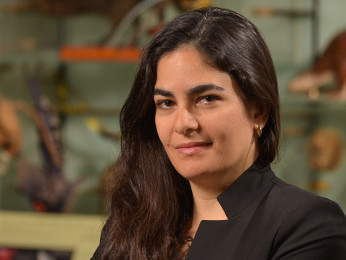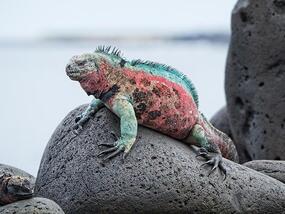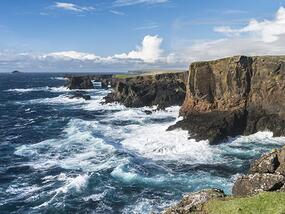LIFE SCIENCE
Ecology: Ecosystem Dynamics and Conservation
Ecosystems and Conservation Biology
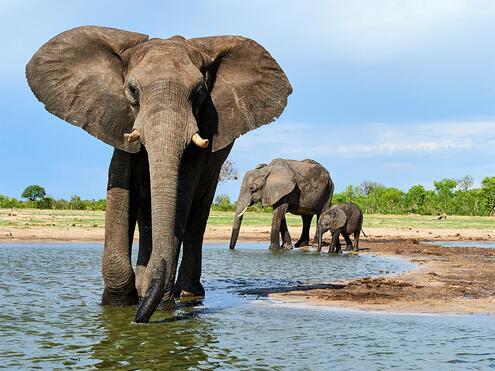
Eric Baccega/AGE Fotostock
How do scientists study ecosystems and grapple with real-world conservation questions?
Learn about ecology and ecosystem dynamics using a systems thinking lens. Authored by world-class experts at the cutting edge of conservation biology, this six-week online course examines how scientists study various ecosystems around the world—from Mozambique's Gorongosa National Park, to the Hudson River in New York, to Caribbean coral reefs. Learners will investigate the complex array of factors that inform management efforts, and grapple with real-world conservation questions, such as whether an ecosystem can recover from disruption and what role humans can, and should, play in that recovery.
This course begins Oct 21.
Fall 2 Session
COURSE COST
GRAD CREDIT
Learn about ecology and ecosystem dynamics using a systems thinking lens. Authored by world-class experts at the cutting edge of conservation biology, this six-week online course examines how scientists study various ecosystems around the world—from Mozambique's Gorongosa National Park, to the Hudson River in New York, to Caribbean coral reefs. Learners will investigate the complex array of factors that inform management efforts, and grapple with real-world conservation questions, such as whether an ecosystem can recover from disruption and what role humans can, and should, play in that recovery.
Course Format
This online course is asynchronous, giving you the flexibility to complete weekly activities at your own pace. Essays, written by our authoring scientists, are supplemented by case studies, textbook readings, videos, interactive simulations, image galleries, and more. These resources provide the foundation for assignments as well as online discussions where you will exchange questions and ideas with course faculty and other learners. The course culminates in a final project, which is your opportunity to create activities that you can use with your students.
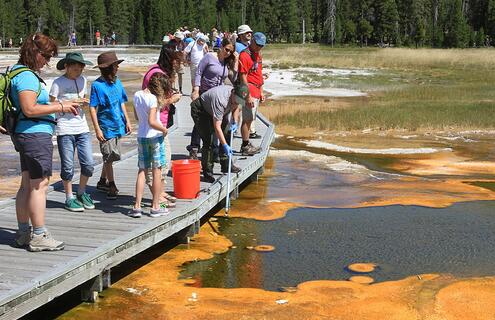
NPS
Connecting to Your Classroom
This course includes a variety of resources that can be adapted for use in your classroom. Participants frequently use course activities as a central component of their final project. For example, in this course, written by conservation biologists, a multimedia case study provides an in-depth exploration of the biodiversity and ecosystem dynamics of Mozambique’s Gorongosa National Park. Additional course resources include a data-driven investigation of an invasive species in the Hudson River, and an online interactive about conservation management of marine ecosystems in the Bahamas.
This course was produced in collaboration with the Howard Hughes Medical Institute.
Recent Course Faculty
This course is co-taught by an experienced classroom teacher and a working scientist. With low faculty to student ratios, this powerful combination of scientific expertise and classroom application creates opportunities for discussions about the course content and how it can be taught.
